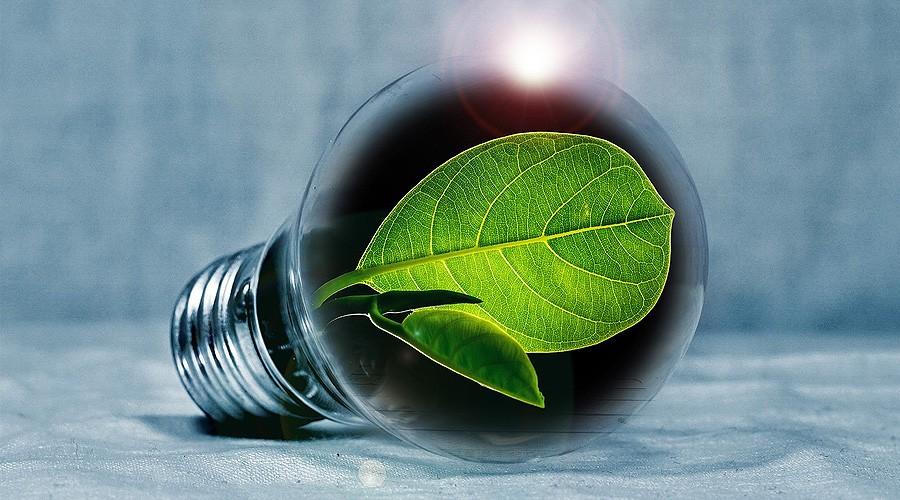A webinar organised by The Power & Electricity World Africa, entitled “Achieving Energy Security: Encouraging Healthy Competition And Regulation For IPPs”, took place on the morning of July 14th, 2020.
Also Read: Angola’s exceptional measures in force during sanitary enclosure
The attending virtual panel consisted of:
- Dr. Clinton Carter-Brown, Energy Centre Head, CSIR, South Africa – Moderator
- Vitor Marquez da Cruz, Managing Director, MC&A Advogados
- Eng. Julius Riungu, CEO, Tsavo Power, Kenya
The topic of African Energy security and the challenges ahead was debated in a little over an hour, with very insightful contributions from all parties involved being brought to the forefront.
The imbalance of supply and demand for electricity in Africa curbs its potential for economic development. IPPs (Independent Power Producers), though, align very well with the national energy security agenda and are a definite solution to meeting Africa’s growing electricity needs.
Africa currently accounts for just 4 per cent of global power supply investment. Achieving reliable electricity supply for all would require an almost fourfold increase, to around US$120B a year through 2040. This is fertile ground for IPPs to thrive on.
Panellist Vitor Marquez da Cruz, sharing his legal expertise on lusophone Africa, best exemplified these challenges and opportunities, by using Mozambique and Angola as relatable “case studies” applicable to the whole of Africa’s energy demands.
While natural resources in Africa are plentiful and more abundant than anywhere else on the planet, energy demand is considerably lower than other continents. Renewables will play a significant role in the development of African energy security.
As noted by Vitor, up until recently, all energy in the continent was provided by State-owned companies, more often than not plagued with insufficient funding and lack of expertise in the field, highlighting the necessity of bringing IPPs into the mix.
Also read: Africa’s long journey to clean energy access
In order to have a robust energy foundation, Vitor considers that efficient legal and regulatory frameworks are paramount. Citing Mozambique as an example, he states that the nation already has a defined energy strategy plan – albeit not yet in effect – with slight adaptations needed, a plan which already accounts for the increasing importance of renewable energy sources, as African economies look forward to decades of growth, development and rising energy access to its booming population.
Another relevant point raised in the discussion by all members was that Africa can only benefit by opening up to more Public-private partnerships (PPP), through foreign-investment-friendly legislations, since the expertise and international standards the private sector can provide, in tandem with an efficient and well-regulated State-owned company, are sure to be a winning combination.
On a somewhat more critical note, Vitor went on to add that better procurement laws are still needed in Africa, in order to capitalise on what he describes as a “fantastic” potential for renewable energy, particularly in Mozambique, highlighting the country’s solar energy projected output to amount to some 23 GW, 19 GW in hydropower, with the latter being the main source of electricity in the country, with room for more. These current solar projects in Mozambique are already being undertaken by IPPs, and that is only the beginning, considering the potential yet to be explored in the country.
In Angola, another country where Vitor was able to bring in his expertise, the outlook is similar, he claims. Angola presents some 55 GW of potential solar energy production, while it is expected that, in the near future, 70% of the energy produced in Angola will originate from renewable sources. As Vitor goes on to explain, Mozambique and Angola’s national energy grids are divided into three main areas: North, Central and South. Due to this configuration, it is not only necessary but also providential that small scale, off-grid plants are developed throughout the countries less developed areas. As per Angola’s Energy 2025 plan, the country expects to bring electricity to 60% of its population by the end of 2025.
The main takeaway here, exemplified by Vitor in both cases of Mozambique and Angola – but extendable to the entirety of Africa – is that IPPs are very much welcomed and highly needed for securing the continent’s energy security future. The legal framework might need a little more clarity (and a good African example to follow here would be Kenya).
The necessary means to achieve African energy security are already in place, and the opportunities present themselves, as the diverse panel exemplified so eloquently. Africa now beckons with positive energy, looking for a sustainable future.
Article by Rafael Carvalho
Rafael Carvalho
Currently the Managing Editor of furtherafrica.com, I am a Marketing, Publicity and PR undergrad, passionate about writing, in its myriad forms. As I started writing and editing content about Africa, I came to the realisation that, just like our ancestors hailed from the motherland, so is the future, too, very much African-oriented. Join me then, as we learn more about a future that is welcoming, multicultural and full of promise. The future that is Africa.
